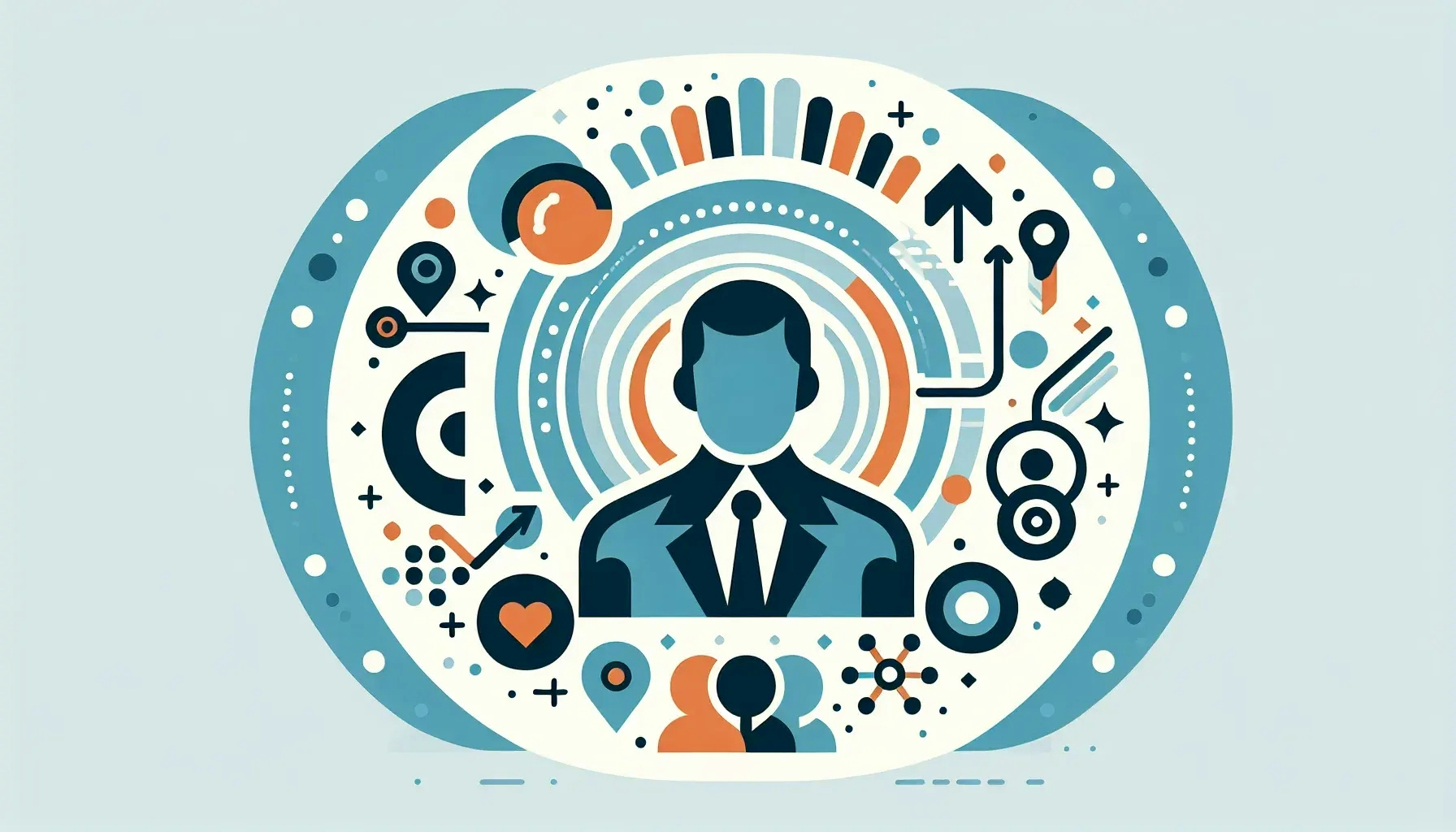In the complex world of business, the Human Resources (HR) department plays a pivotal role. One of their most crucial responsibilities is managing employee relations. This blog post delves into the intricate role of HR in fostering these relations, highlighting its importance and how it contributes to the overall success of an organization.
The Essence of Employee Relations
Employee relations, a key aspect of HR, refers to the efforts made by an organization to manage relationships between employees and employers. It involves creating and maintaining a positive work environment where everyone feels valued and satisfied.
HR plays a significant role in this process. They ensure that the organization's policies align with its values and goals, fostering a harmonious work environment. They also mediate conflicts and address employee grievances, contributing to a stable and productive workplace.
Moreover, HR is responsible for creating an inclusive culture. They work towards eliminating discrimination and promoting diversity. This not only ensures compliance with laws and regulations but also contributes to a more innovative and dynamic workforce.
Conflict Resolution and HR
Conflicts are inevitable in any organization. However, the way they are managed can significantly impact employee relations and overall productivity. HR plays a crucial role in conflict resolution.
HR professionals are trained to handle disputes impartially and professionally. They mediate between conflicting parties, ensuring that everyone's voice is heard and that the resolution is fair and satisfactory. This helps maintain trust and respect among employees, fostering a positive work environment.
Moreover, HR also implements policies and procedures to prevent conflicts. They provide training and workshops on effective communication, teamwork, and conflict resolution, equipping employees with the skills needed to manage disagreements constructively.
HR and Employee Engagement
Employee engagement is another critical aspect of employee relations. Engaged employees are more productive, committed, and less likely to leave the organization. HR plays a significant role in promoting employee engagement.
HR designs and implements programs that foster engagement. These may include recognition and reward systems, career development opportunities, and work-life balance initiatives. They also conduct surveys to gauge employee satisfaction and engagement levels, using the feedback to improve policies and practices.
Moreover, HR also facilitates communication between management and employees. They ensure that employees are informed about the organization's goals and progress, making them feel valued and involved.
HR's Role in Employee Development
Employee development is a key factor in maintaining positive employee relations. HR plays a pivotal role in this aspect as well.
HR is responsible for identifying the skills and competencies needed in the organization. They design and implement training programs to develop these skills, contributing to the personal and professional growth of employees. This not only enhances productivity but also increases employee satisfaction and loyalty.
Moreover, HR also manages career progression within the organization. They ensure that deserving employees are given opportunities for advancement, fostering a sense of fairness and motivation among the workforce.
Legal Compliance and HR
Legal compliance is a critical aspect of employee relations. Non-compliance can lead to legal issues, damage the organization's reputation, and negatively impact employee morale. HR plays a crucial role in ensuring compliance.
HR is responsible for staying updated on labor laws and regulations. They ensure that the organization's policies and practices comply with these laws, protecting the organization and its employees from legal repercussions.
Moreover, HR also conducts training sessions to educate employees about their rights and responsibilities. This fosters a culture of respect and fairness, contributing to positive employee relations.
The Future of HR in Employee Relations
The role of HR in employee relations is evolving. With the advent of technology and changing workforce dynamics, HR is expected to take on a more strategic role.
HR will need to leverage technology to manage employee relations more effectively. This includes using data analytics to understand employee behavior and predict trends, and using digital platforms to facilitate communication and engagement.
Moreover, with the increasing diversity in the workforce, HR will need to focus more on inclusivity and cultural competence. They will need to create policies and practices that cater to diverse needs and promote equality.
Wrapping Up: HR's Indispensable Role in Employee Relations
The role of HR in employee relations is multifaceted and crucial. From conflict resolution to employee engagement, from employee development to legal compliance, HR plays a pivotal role in fostering a positive work environment. As the business landscape evolves, so will the role of HR, becoming more strategic and technology-driven. However, the essence of their role in employee relations - fostering trust, respect, and fairness - will remain constant.

